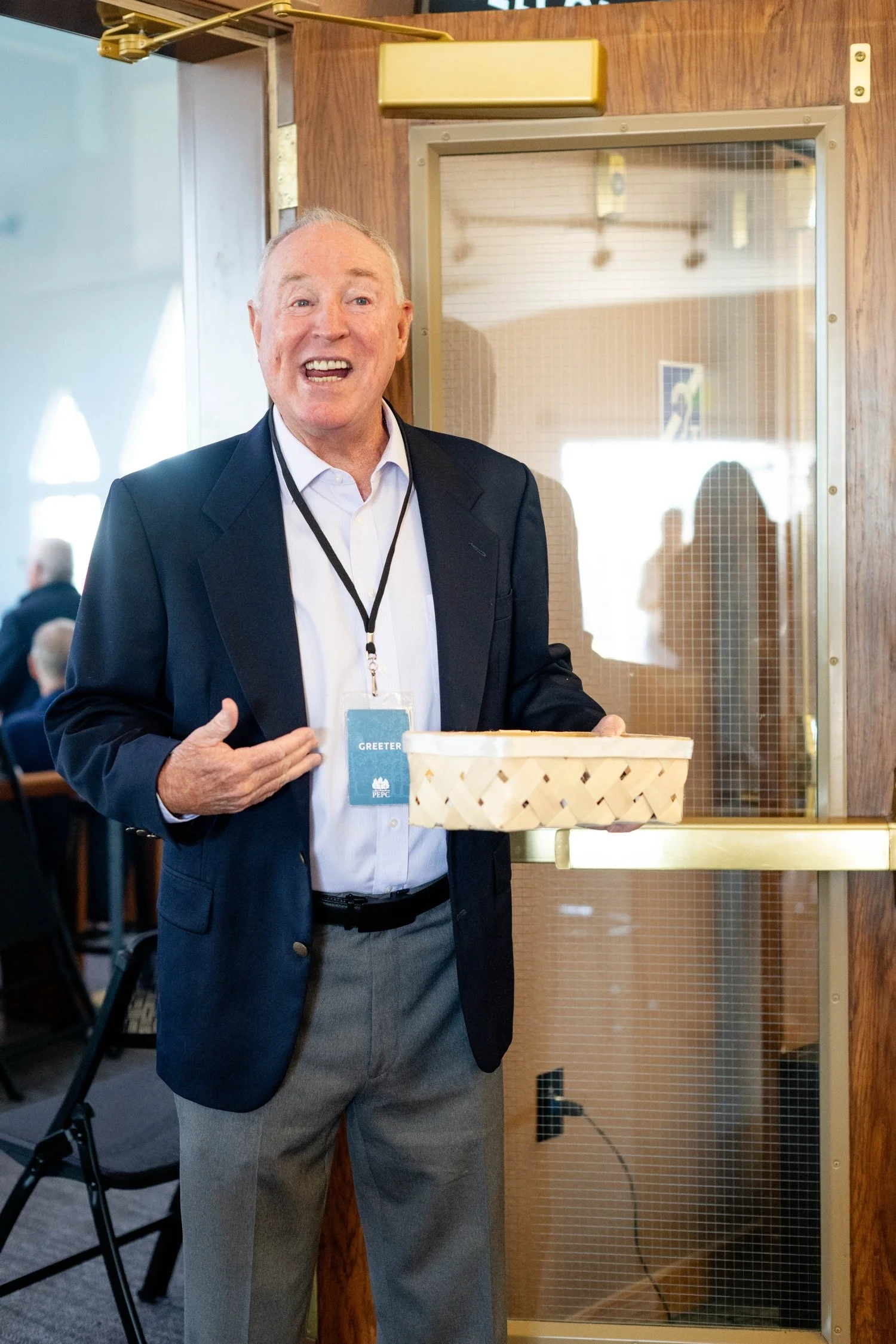Readings for today: Ecclesiastes 9-12, Psalms 10
Lost in all the writer of Ecclesiastes’ talk about vanity and emptiness and chasing the wind is the number of times he encourages the reader to enjoy life. Enjoy the time they have been given. Enjoy the hours and days of blessing. Enjoy the seasons when life is good. Yes, you will experience bad times. Yes, you will experience hardship and adversity. Yes, you cannot place your trust in wisdom, wealth, influence, or a good name. But you can still find joy. Simple pleasures of feasting, friendship, and family.
“Go, eat your bread with pleasure, and drink your wine with a cheerful heart, for God has already accepted your works. Let your clothes be white all the time, and never let oil be lacking on your head. Enjoy life with the wife you love all the days of your fleeting life, which has been given to you under the sun, all your fleeting days. For that is your portion in life and in your struggle under the sun. Whatever your hands find to do, do with all your strength, because there is no work, planning, knowledge, or wisdom in Sheol where you are going.” (Ecclesiastes 9:7-10 CSB)
To be sure, Ecclesiastes encourages a “sober” joy. A joy tempered by the realities of hard work, adversity, judgment, and death. A joy that transcends superficial happiness. A joy that springs from a deep love of life and all the blessings God has given. The profound joy that comes from a life lived before God in this world. The joyful life for Solomon is not all bubbles and rainbows and unicorns. It’s an utterly realistic joy. A joy that acknowledges the harsh truth about our broken world. A joy that walks eyes wide open to pain and suffering. A joy that doesn’t run from trouble.
I’ve been a pastor for over twenty years. I’ve spent countless hours counseling people from all walks of life. I’ve served congregations on the East Coast, Deep South, Midwest, and, for the last fifteen years, out West in Colorado. A common thread running throughout all those conversations and cultures is the universal desire for happiness. A craving for joy. But far too often it’s a joy without hardship. A happiness without sorrow. An unrealistic expectation that life can be lived...indeed should be lived...without pain and suffering. In the most extreme cases, the person seems to believe God “owes” them such a life. It’s why one of the most frequent questions I have to help people wrestle with is “Why, God?” Why did God let this happen to me? Why didn’t God protect me from this tragedy? Why does God allow suffering? Why does a good God allow evil to exist in the world? Such questions, at their best, reveal the longing we all have for the world to come. The world where God will wipe away every tear, end all injustice, and heal every hurt. At their worst, they reveal a deep misunderstanding of the world around us. A false expectation that this life can be lived without experiencing hardship and pain. Ecclesiastes is clearly confronting the latter attitude.
So how do you experience the world? When you wake up in the morning, what’s your expectation? Do you walk into life eyes wide open to both the good and the bad? Are you willing to embrace the ups and downs? Do you understand that life will be filled with pleasure and pain? Accomplishment and adversity? Success and failure? And do you seek the deeper joy God offers us in Jesus Christ?
Readings for tomorrow: Song of Solomon 1-4, Psalms 11




